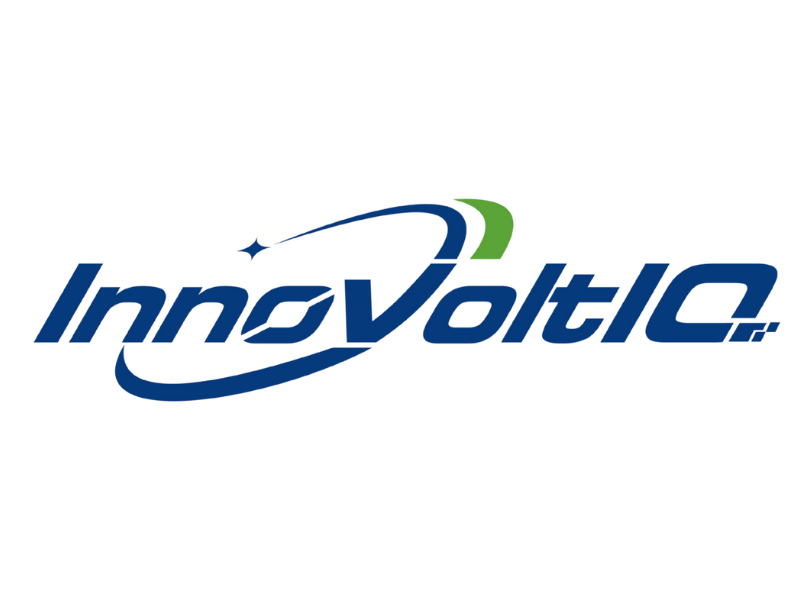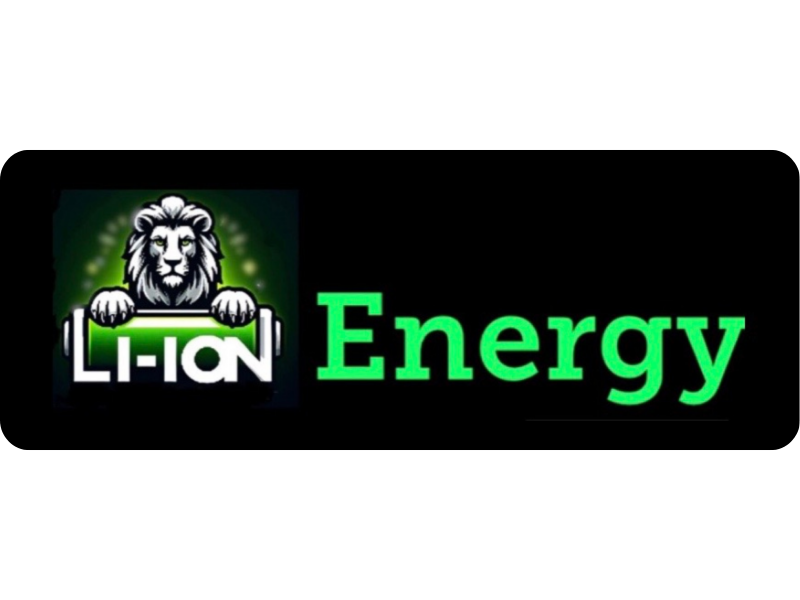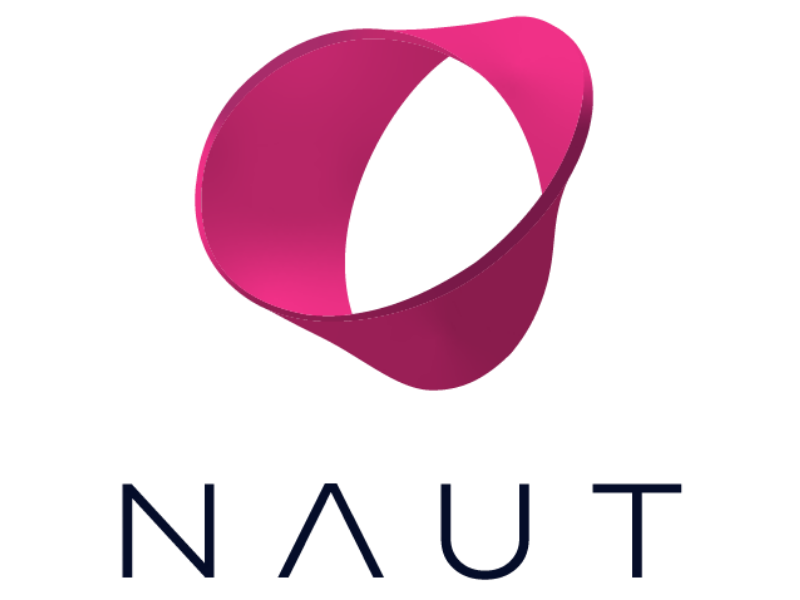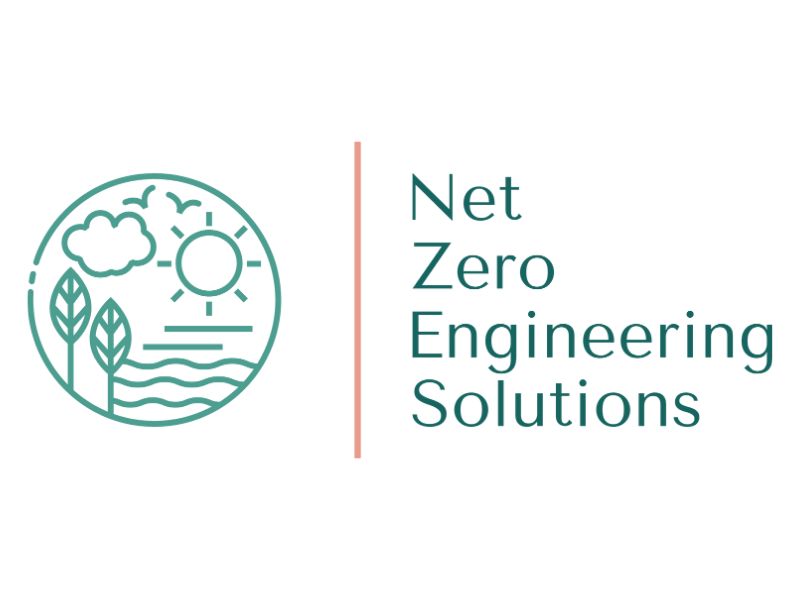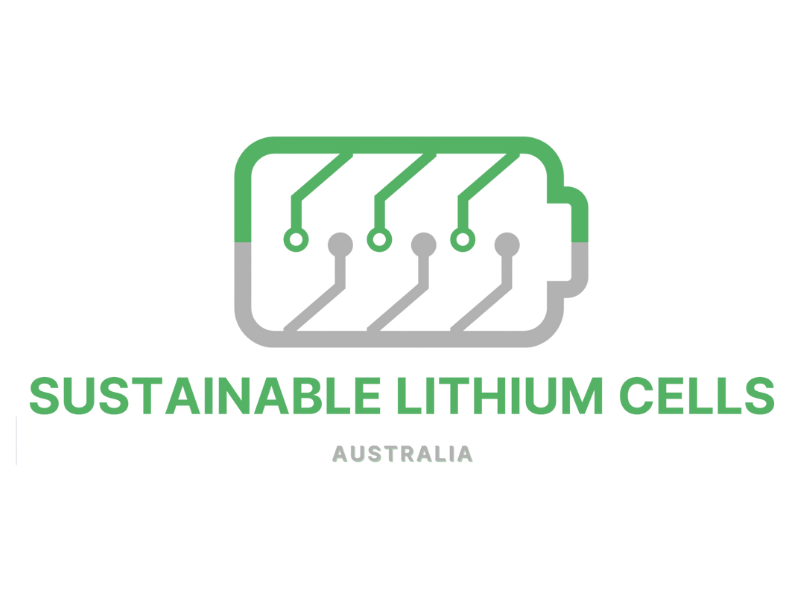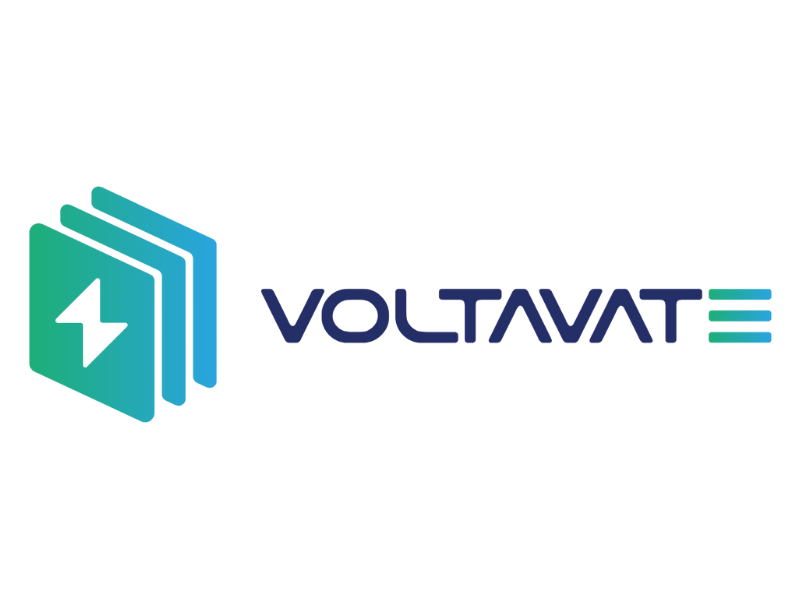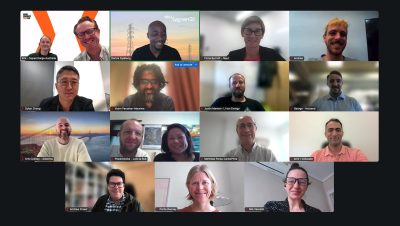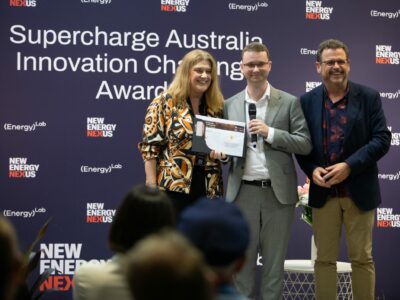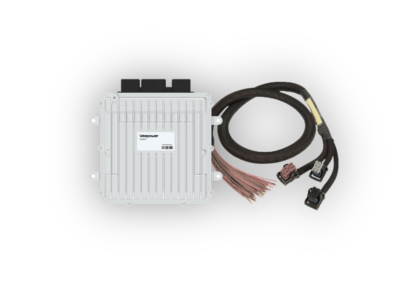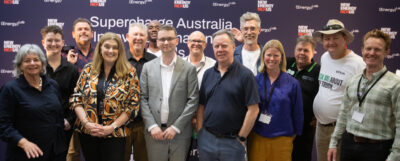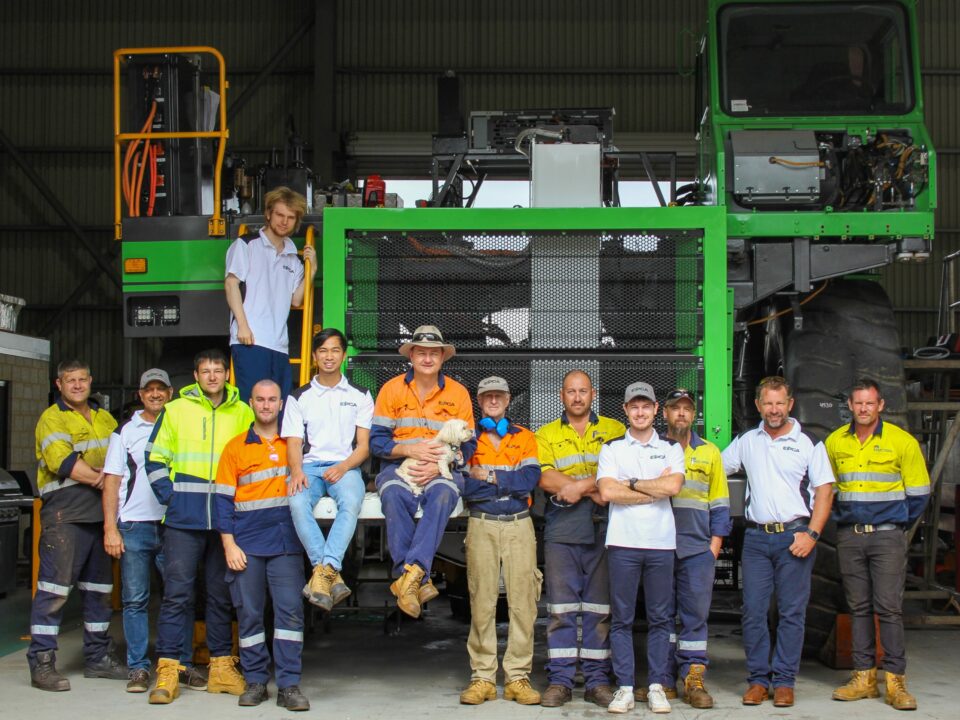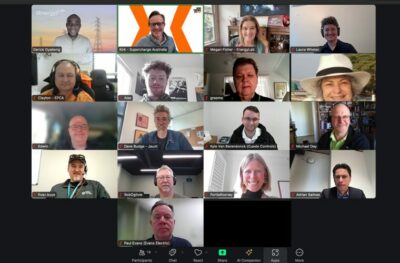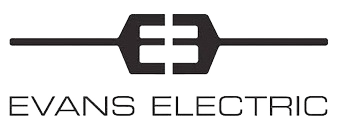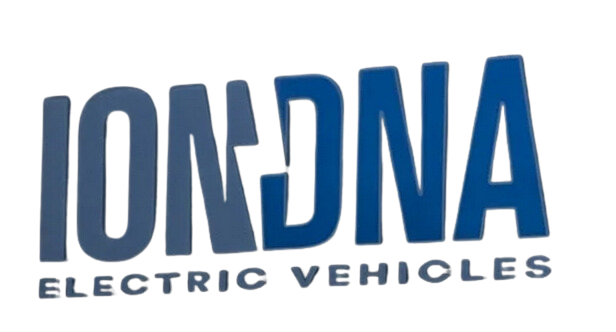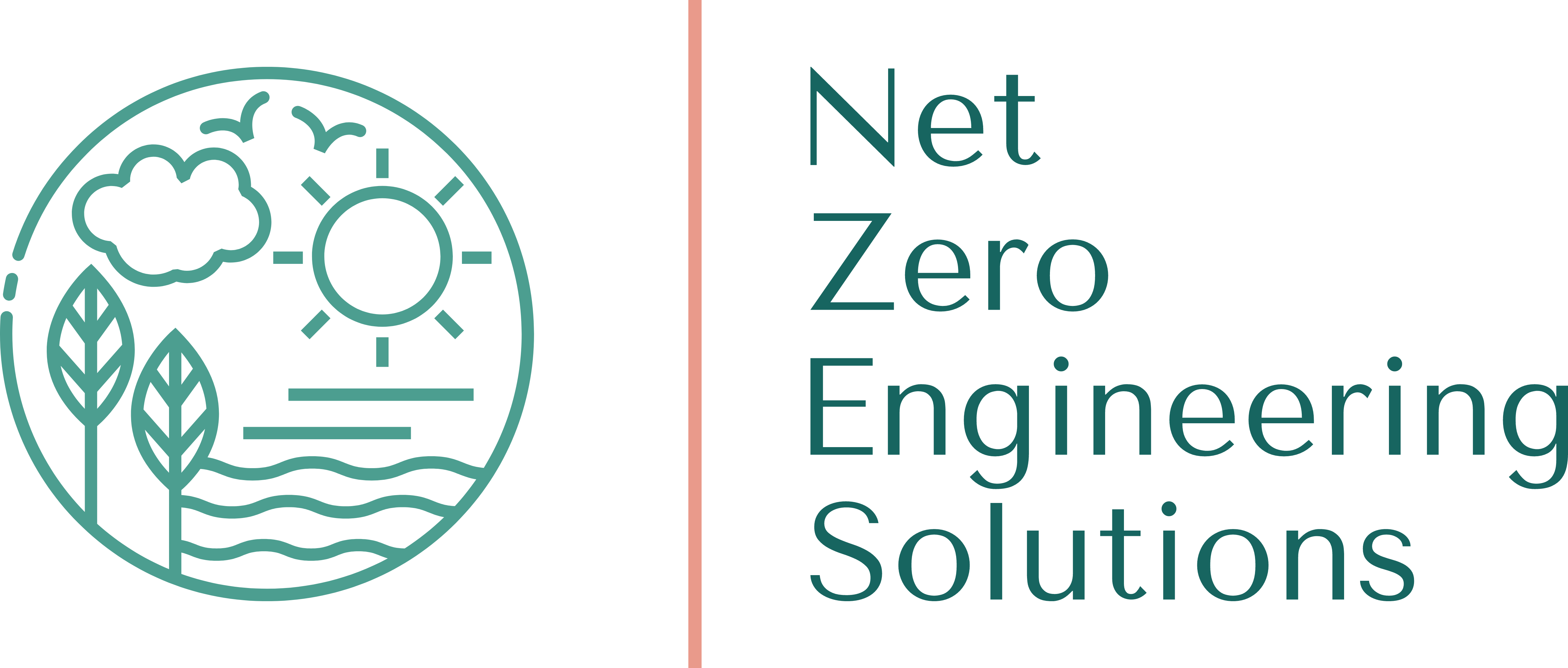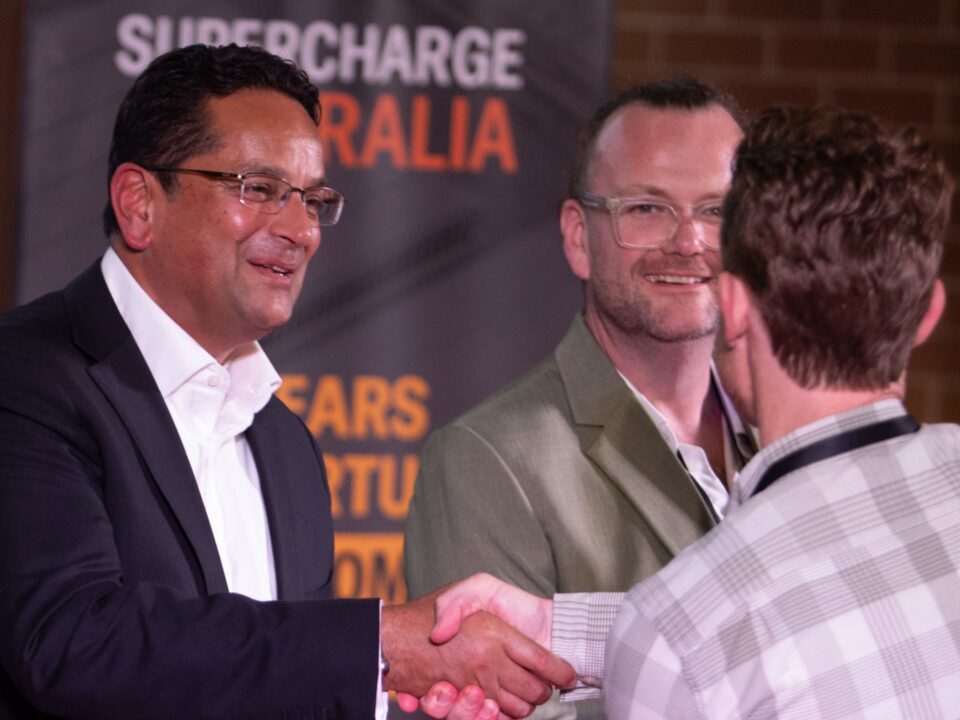
Liberate Minerals wins Supercharge Australia Innovation Challenge #3.
Sydney, Australia, 21 November 2025 – Supercharge Australia today announced the winners of the Supercharge Australia Innovation Challenge #3, spotlighting breakthrough technologies shaping the future of Australia’s battery and electrification industries at its annual Awards event in Sydney, MC’d by presenter and science communicator, Lee Constable. The Challenge highlights innovative founders in the lithium battery value chain, advancing solutions across critical minerals, battery materials, energy systems and electrified transport for a fully renewables-powered industrial economy.
Liberate Minerals, an industry-redefining advanced critical and rare-earth minerals processing company, was named the Winner for its high-efficiency, low-emissions extraction process designed to dramatically increase yield percentage and diversity, reduce energy use, operating costs and environmental intensity across Australia and the world’s emerging green-industrial regions.
“Learning from experts how best to present our fluorine-based, world-leading critical and rare earth minerals recovery process so that it’s immediately understandable to investors and partners has been a pivotal outcome of our participation in the challenge,” said Richard Simons, Managing Director of Liberate Minerals.
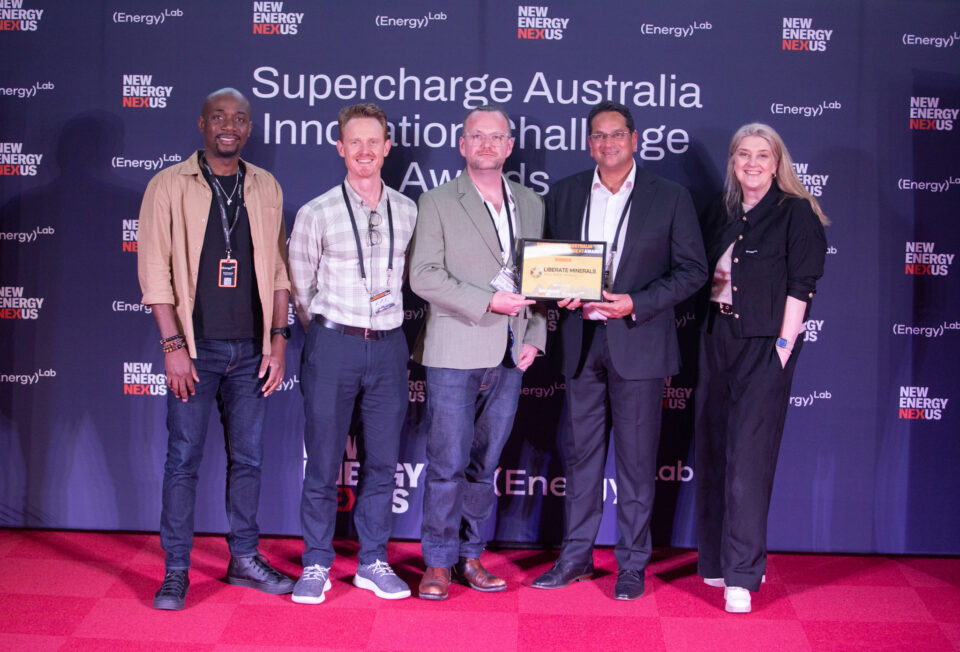
From left: Derick Gyabeng, Program Lead, Supercharge Australia; Kirk McDonald, Project Manager – Supercharge Australia, New Energy Nexus; Ben Apfel & Richard Simons, Liberate Minerals; and Megan Fisher, CEO & Director at EnergyLab.
Liberate Minerals’ team will receive a hosted tour to any of New Energy Nexus’ global office locations that can best accelerate the growth and sustainability of their innovation. Last year’s Challenge winner visited investors and ecosystem players at San Francisco Climate Week and the Advanced Clean Transport Expo in Los Angeles.
A highlight of the awards event was the announcement of reaching the three-year mark of Supercharge Australia, with 41 startups supported and over A$100 million raised by startups participating in its programs.
Two teams received Top Choice Awards for outstanding technical and commercial promise:
- Next-Gen Energy Technology, represented by CEO, Andrew Cooper, recognised for its next‑generation NCA cathode material platform that significantly boosts energy density, enhances thermal stability, and enables scalable, low‑cost Australian cell manufacturing.
- Green Dynamics, founded by Tong Xie, awarded for its AI‑driven materials discovery and engineering platform accelerating the development of next‑generation battery and energy‑storage materials through high‑throughput simulation, machine‑learning optimisation and automated experimentation.
The audience-voted People’s Choice Award went to UEG Energy, founded by Eugenie Knight and George Knight, reflecting strong peer and industry backing for its urban, grid-scale storage solutions, supporting rapid electricity distribution network decarbonisation with greater contingent benefits for both the networks and surrounding communities.
“Australia has a once-in-a-generation chance to stand up new businesses operating along the full lithium battery value chain – from rocks to recycling – and create thousands of jobs and economic value while leading the net‑zero economy. The economic opportunity won’t wait for us. Let’s leverage the multibillion‑dollar funds available targeting renewables and more manufacturing in Australia to back innovators, build pathways from breakthrough to market, and simplify funding to unlock the opportunity,” said Megan Fisher, CEO of EnergyLab.
Kirk McDonald, Project Manager – Supercharge Australia of New Energy Nexus, added: “Supercharge Australia Innovation Challenge #3 highlights the transformative potential of home-grown battery and minerals-processing startups. The technical and business ingenuity on display is exactly what Australia needs to build world-class industries centred on local IP, clean energy and downstream value creation. Early-stage startups exist at a wide range of potential enterprise scales, and each of them needs fast, accordingly generous, non-dilutive and ideally non-matching grants to mature rapidly in this dynamic global decarbonisation era.”
About Supercharge Australia
Supercharge Australia is an initiative of EnergyLab and New Energy Nexus, accelerating founders across the lithium-battery value chain – from critical minerals and materials to cell manufacturing, pack integration, second-life applications and recycling.
About EnergyLab
EnergyLab is Australia’s largest climate tech startup accelerator and innovation network, backing founders who are building the technologies that will accelerate the transition to net zero. With more than 290 startup alumni, EnergyLab connects entrepreneurs with the mentors, partners, and investors they need to grow and scale. Each year, EnergyLab delivers ten programs that support founders at every stage of development – from early idea to global expansion – helping position Australia as a leader in clean energy and climate innovation.


